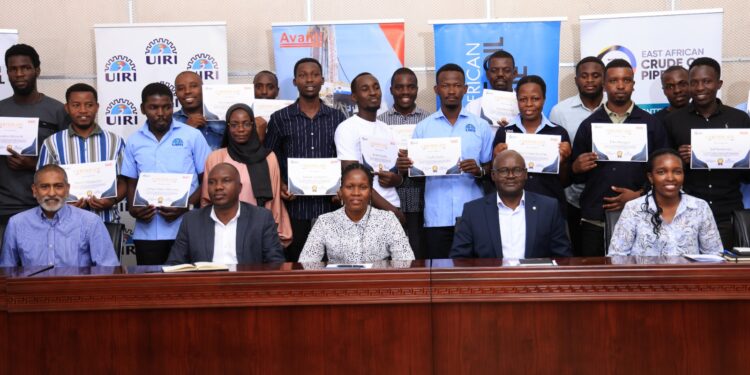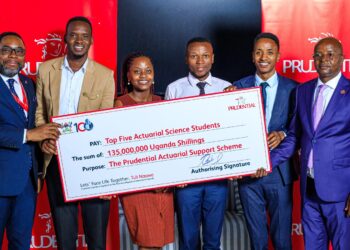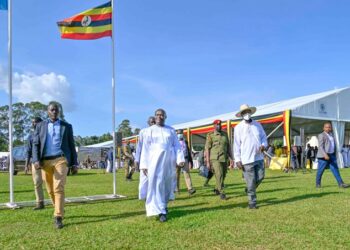Uganda’s oil sector is expected to create up to 160,000 jobs, with a significant portion requiring specialised technical skills. In line with this demand, the East African Crude Oil Pipeline (EACOP) recently launched an advanced orbital welding training program to equip local engineers and welders with the expertise needed for the region’s largest oil pipeline.
The orbital welding training program is part of EACOP’s broader initiative to enhance local expertise and ensure compliance with international pipeline welding standards and it was conducted by an industry expert Imran Dilmohamud, who introduced the trainees to orbital welding, a technique essential for pipeline construction.
“Unlike traditional welding methods, orbital welding uses an automated machine to create precise, high-quality welds, reducing material wastage and enhancing efficiency. This technology is widely used in the US, Europe, and China, but it is new to Uganda. The technique ensures consistency and quality, which is critical for a pipeline of this magnitude,” Dilmohamud explained.
Participants were also trained on the use of a flux core machine for capping the pipes, a process that involves depositing a protective layer of material to prevent corrosion. Dilmohamud emphasized the importance of mastering this technique, as it would be the primary welding method used at the construction site.
For many of the trainees, the experience was both educational and eye-opening. George William Barbatana, one of the participants, shared his perspective on the training. “It’s a simple process because it’s more automated, but it requires a strong foundation in welding. This is the first time we’re having such training in Uganda, and I see great potential for its application beyond pipeline welding, such as in tank and cylinder manufacturing.”
The training session involved both theoretical and practical lessons, with participants initially struggling to grasp the intricacies of the orbital welding machine. However, by the end of the session, they had developed confidence in operating the equipment. Dilmohamud commended the group’s ability to quickly adapt, noting that many of them, including Barbatana, had an impressive aptitude for the craft.
EACOP’s Deputy Managing Director, John Bosco Habumugisha, commended the participants and emphasized the training’s significance for Ugandans, stating, “The world has advanced significantly, and as we accelerate oil extraction in Uganda, embracing new technologies and modern methods in the oil and gas sector is crucial. Welding is now a technology-driven process, not solely reliant on individual skill. Participants in this training are privileged to gain practical experience with automated welding systems, vital for the East African Crude Oil Pipeline’s construction. This program ensures efficiency and precision through advanced techniques like microscopic weld analysis.”
As Uganda advances its ambitious oil development, initiatives like the Orbital Welding Training Program are vital for empowering local talent, ensuring they are equipped to contribute significantly to the nation’s energy future.







Discussion about this post